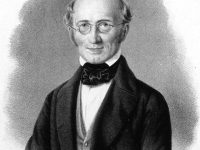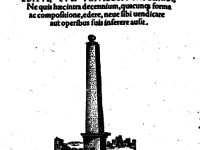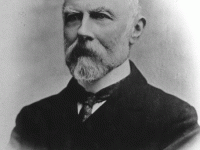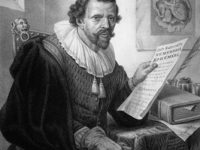René Dubos and the Discovery of Antibiotics
On February 20, 1901, French-born American microbiologist, experimental pathologist, environmentalist, humanist, and winner of the Pulitzer Prize René Jules Dubos was born. Dubos is credited for having made famous Jacques Ellul‘s environmental maxim, “Think globally, act locally” (penser global, agir local). In Research, he is best known for his pioneer work in isolating antibacterial substances from certain soil microorganisms and the discovery of major antibiotic. Becoming a Microbiologist Dubos was born in…
Read more











